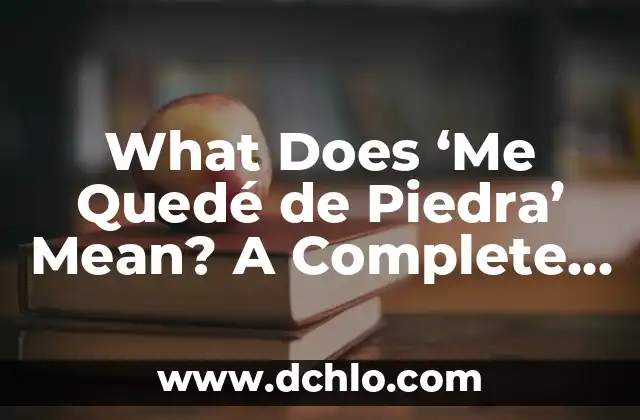Me quede de piedra is a vivid Spanish expression that captures the essence of being utterly astonished. This phrase, which translates to I was left stone-still, is a powerful way to express shock or disbelief. This guide delves into the meaning, usage, and cultural significance of this evocative expression.
¿Qué Significa ‘Me Quedé de Piedra’?
Me quede de piedra is an idiomatic expression used to describe a state of shock or astonishment. It vividly portrays someone so surprised that they become as still as stone. Originating from the literal meaning of turning to stone, it metaphorically conveys being frozen in disbelief. This phrase is commonly used in both Spain and Latin America to express intense surprise, whether from astonishing news, an unexpected event, or an unbelievable situation.
Understanding the Expression of Shock in Spanish
Spanish is rich in expressions that convey strong emotions, and me quede de piedra is one such example. It reflects the cultural nuance of expressing emotions vividly, much like other languages that use similar metaphors to describe being stunned. This expression adds depth to communication, making it more engaging and relatable.
Examples of ‘Me Quedé de Piedra’ in Context
– Example 1:Cuando me dijeron que había ganado el concurso, me quedé de piedra. (When they told me I won the contest, I was left stone-still.)
También te puede interesar
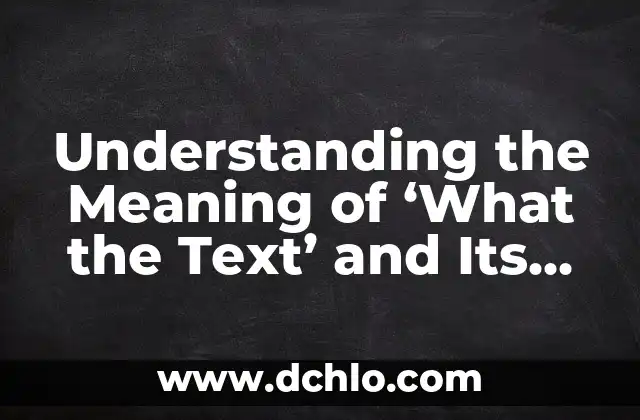
In the dynamic world of digital communication, phrases like what the text have emerged as popular reactions to surprising or crazy situations. This expression, often used to convey shock or disbelief, has become a staple in online interactions, offering a...
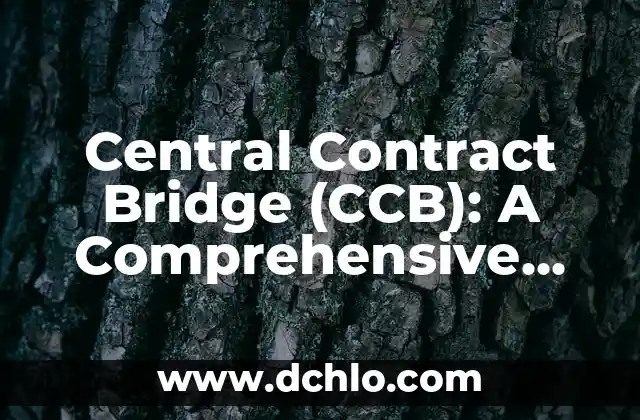
The Central Contract Bridge, commonly abbreviated as CCB, is a fundamental concept in the strategic card game of bridge. Understanding CCB is crucial for players aiming to master the game, as it influences scoring and strategy. This guide delves into...

In the realm of environmental phenomena, the term Zonda al Herbazal refers to a specific climatic event that significantly impacts vegetation. This article delves into the intricacies of this phenomenon, exploring its effects, historical context, and real-world applications.
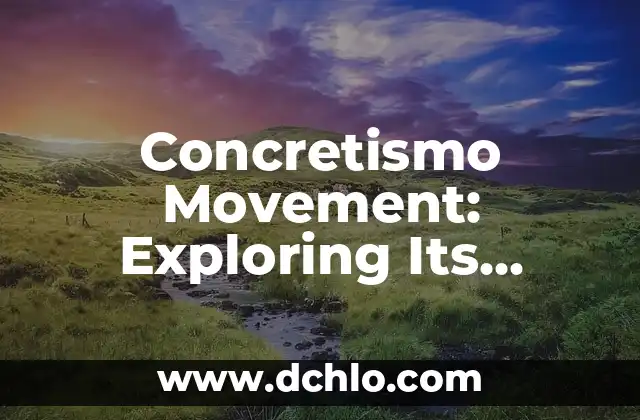
The Concretismo movement, a significant literary wave from Brazil, emerged in the 1950s, focusing on breaking away from traditional forms. This article delves into its intricacies, tracing its evolution and influence.
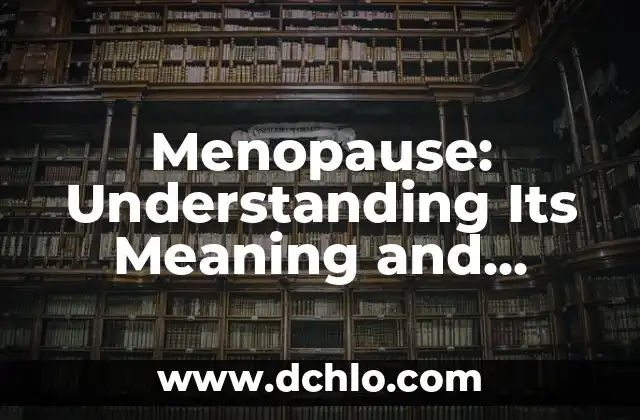
Menopause, often referred to as the climacteric, is a natural biological process that marks the end of a woman's reproductive period. It is characterized by the cessation of menstrual cycles, leading to various physical and emotional changes. This article delves...
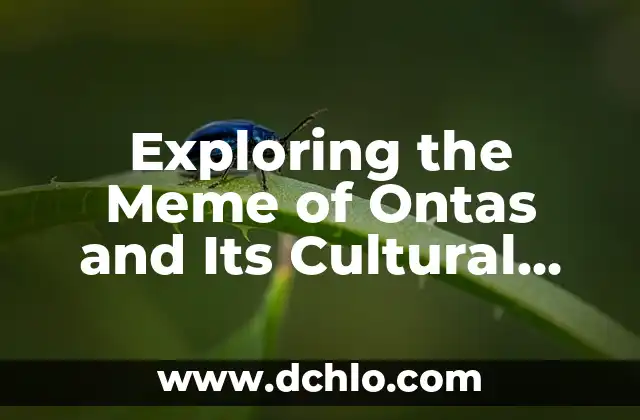
In the vast landscape of internet culture, memes have become a cornerstone of expression and community building. Among these, the meme del significado de ontas has emerged as a fascinating example of how language and humor intersect. This article delves...
– Example 2:Al ver la noticia en el periódico, me quedé de piedra. (Upon seeing the news in the paper, I was left speechless.)
– Example 3:Me quedé de piedra al escuchar su repentina decisión. (I was astonished when I heard his sudden decision.)
[relevanssi_related_posts]The Cultural Significance of Shock Expressions in Spanish
Expressions like me quede de piedra highlight the emotional richness of the Spanish language. They reflect cultural values that prioritize vivid storytelling and emotional expression, allowing speakers to convey intense feelings effectively.
Top Uses of ‘Me Quedé de Piedra’ in Everyday Conversations
- Unexpected News: Reacting to surprising news, like a sudden job offer or an unexpected visit.
- Shock at Events: Expressing disbelief at events, such as a surprising revelation or an unforeseen outcome.
- Emotional Moments: Conveying astonishment during personal milestones or emotional discoveries.
Expressions of Astonishment in the Spanish Language
Besides me quede de piedra, Spanish offers other expressions like quedarse con la boca abierta (to be left with your mouth hanging open) and no dar crédito (to refuse to believe). These phrases enrich communication, providing varied ways to express shock.
¿Para Qué Sirve ‘Me Quedé de Piedra’?
This phrase serves to vividly convey intense emotions, enhancing communication by providing a relatable and impactful expression of astonishment. It is particularly useful in informal settings to share surprising experiences.
Synonyms and Related Phrases for Expressing Shock
– Quedarse helado/a: To be left cold or frozen in shock.
– No creer lo que se oye: To disbelieve what one is hearing.
– Caerse de la silla: To fall out of one’s chair in surprise.
The Role of Idioms in Expressing Emotions in Spanish
Idioms like me quede de piedra add richness to the Spanish language, offering creative ways to express complex emotions. They make communication more vivid and engaging, reflecting cultural depth.
Uncovering the Literal and Figurative Meaning of ‘Me Quedé de Piedra’
Literally, the phrase means turning to stone, metaphorically capturing the stillness of shock. Figuratively, it conveys being so astonished that one is unable to move or react, emphasizing the intensity of the emotional response.
¿De Dónde Proviene la Expresión ‘Me Quedé de Piedra’?
The origin of this expression is unclear, but it likely stems from ancient myths where people were turned to stone, symbolizing shock and paralysis. This metaphor has evolved into a common way to describe being astonished.
Exploring Variants of Shock Expressions in Spanish
Regional variations include me quede frío in some Latin American countries, while other expressions like quedarse petrificado also convey similar meanings, reflecting diverse linguistic richness.
¿Cómo se Usa ‘Me Quedé de Piedra’ en el Lenguaje Cotidiano?
– Context: Used in informal conversations to express surprise or disbelief.
– Example:Me quedé de piedra cuando escuché la noticia de su boda. (I was astonished when I heard the news of their wedding.)
A Practical Guide to Using ‘Me Quedé de Piedra’ with Examples
- Reacting to News: Al escuchar el anuncio, me quedé de piedra. (Upon hearing the announcement, I was left speechless.)
- Expressing Disbelief: Me quedé de piedra al ver su transformación. (I was astonished by his transformation.)
INDICE
